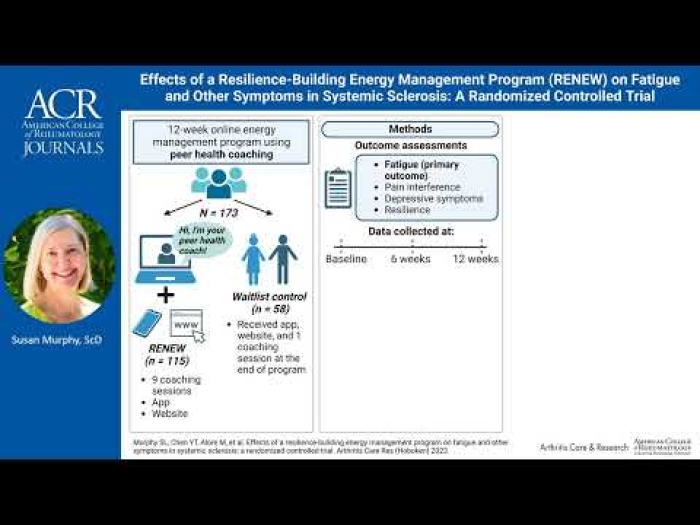Showing 1-8 of 8 results

Health Lab
Researchers recently revealed a new mechanism behind antiphospholipid syndrome that the investigators hope will eventually allow treatments to be targeted closer to the source of the problem.

Health Lab
2 in 3 parents in national poll say their child ages 5-12 use personal audio devices; pediatrician offers 4 tips to reduce noise exposure risks

Health Lab
New study has identified an enzyme contributing to systemic sclerosis.

Health Lab
When it comes to lupus care, Black adults are normally left behind despite being one of the highest lupus populations.

Health Lab
Research published in the Arthritis Care and Research Journal from Michigan Medicine found that scleroderma patients made significant strides when working with trained peer health coaches in adhering to wellness routines, leading to resilience and improvements in fatigue, pain and depressive symptoms.

Health Lab
Michigan Medicine researchers are examining whether ginger supplements could help treat symptoms in autoimmune diseases

Health Lab
A Michigan Medicine expert explains more of a report’s key findings on cell phone use and how parents can support a healthy use of technology.

Health Lab
Michigan Medicine research tracks academic trajectories of late preterm infants from infancy to kindergarten and identifies developmental risks and how to best promote resilience